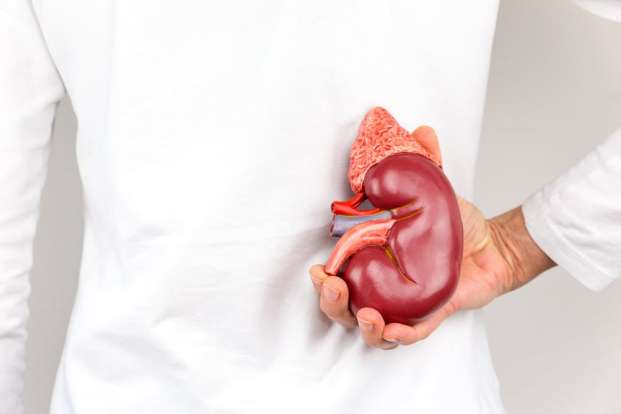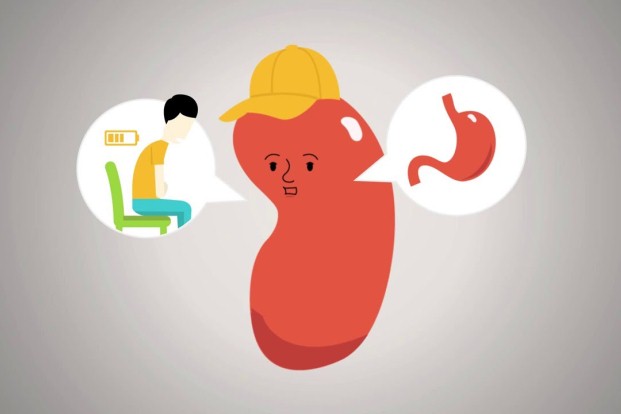Can Obesity lead to Kidney Failure?
Apr 19, 2022
Obesity can increase your risk of developing chronic kidney disease (CKD) in both direct and indirect fashion. Individuals who are obese are more likely to develop high blood pressure and type 2 diabetes. These health problems are the major risk factors for CKD. Obesity can cause kidney disease both directly and indirectly; therefore, the obesity epidemic of the world is expected to increase rates of chronic kidney disease (CKD).

If you are obese, your medication may also not save you from the risk of Chronic Kidney Disease:
It’s important to note that even if your medication does a good job controlling your blood sugar, blood pressure or cholesterol levels, you are still at an increased risk if you are obese or overweight. In people who already have chronic kidney disease, having metabolic syndrome increases the chances that their condition will progress to end-stage renal disease. People with the end-stage renal disease must be treated with dialysis or a kidney transplant.
- A high level of a certain kind of fat – called triglycerides – in your blood
- A low HDL or “good” cholesterol level
- High blood sugar, even if you haven’t eaten
How does obesity cause kidney disease?
Obesity directly causes kidney disease, because the kidneys have to work harder to filter out toxins and to meet the metabolic demands of the increased body mass index (BMI) in obese individuals. This is called hyper filtration and in the long term, it is associated with increased risk of developing CKD. As an indirect cause, obesity increases the major CKD risk factors: type 2 diabetes and high blood pressure.
What should obese people do to prevent kidney failure?
Obese individuals should be screened for kidney disease on a regular basis. Weight loss can reduce risk for developing kidney disease, cardiovascular disease, high blood pressure and diabetes. Adequate sleep promotes maintenance of a healthy weight. Most people require about 7 hours of sleep each night. Healthy lifestyle and an environment promoting healthy eating and physical activity will help in the prevention and treatment of obesity which in turn can reduce the risk of CKD as well as heart disease and diabetes.




